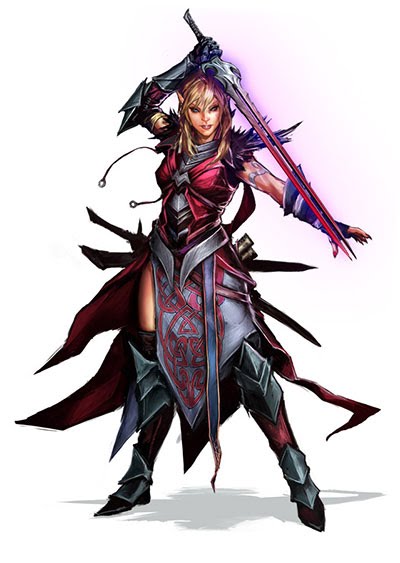
noun, plural Ma·gi [mey-jahy] /ˈmeɪ dʒaɪ/.
- (sometimes lowercase) one of the Magi.
- (lowercase) a magician, sorcerer, or astrologer.
- (sometimes lowercase) a Zoroastrian priest.Compare Magi(def 2).
plural noun, singular Ma·gus [mey-guh s] /ˈmeɪ gəs/
- (sometimes lowercase) the wise men, generally assumed to be three in number, who paid homage to the infant Jesus. Matt. 2:1–12.Compare Balthazar(def 1), Caspar(def 1), Melchior(def 1).
- (sometimes lowercase) the class of Zoroastrian priests in ancient Media and Persia, reputed to possess supernatural powers.
- (lowercase) astrologers.
noun plural magi (ˈmeɪdʒaɪ)
- a Zoroastrian priest
- an astrologer, sorcerer, or magician of ancient times
noun
- Simon Magus New Testament a sorcerer who tried to buy spiritual powers from the apostles (Acts 8:9-24)
pl n singular magus (ˈmeɪɡəs)
- the Zoroastrian priests of the ancient Medes and Persians
- the three magi the wise men from the East who came to do homage to the infant Jesus (Matthew 2:1–12) and traditionally called Caspar, Melchior, and Balthazar
n.member of the ancient Persian priestly caste, late 14c., singular of magi (q.v.). n.c.1200, “skilled magicians, astrologers,” from Latin magi, plural of magus “magician, learned magician,” from Greek magos, a word used for the Persian learned and priestly class as portrayed in the Bible (said by ancient historians to have been originally the name of a Median tribe), from Old Persian magush “magician” (see magic). Related: Magian. The sages who visited Jesus soon after his birth. (See Wise Men.)
 Liberal Dictionary English Dictionary
Liberal Dictionary English Dictionary